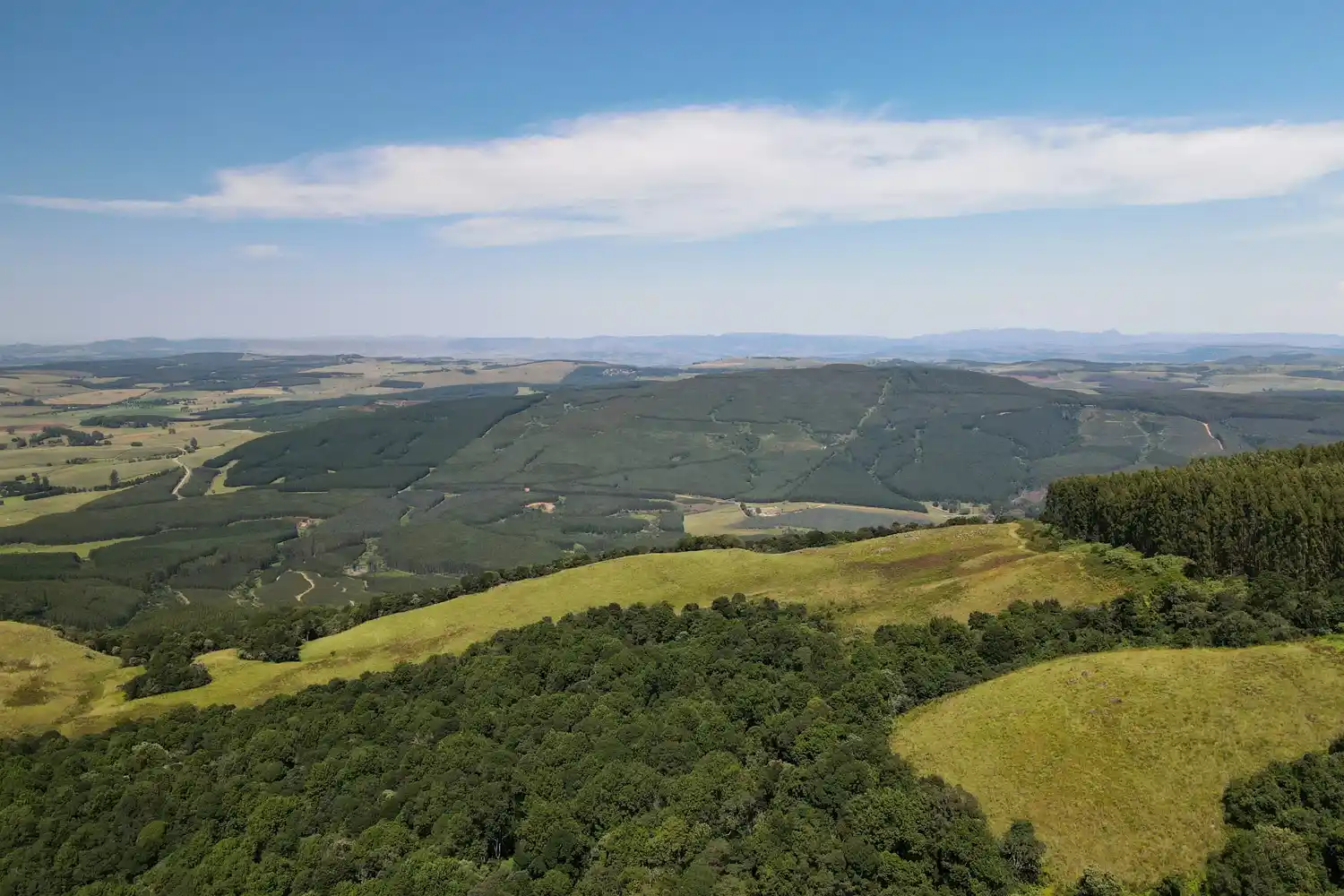Arbour Week: The Role of Managed Forests in South Africa
As we celebrate Arbour Week (1–7 September), we need to acknowledge the role of sustainably managed timber plantations and harvested wood products in South Africa. Our “tree crops” are more than just economic resources; they are vital to our ecological balance, climate resilience and community well-being.
South Africa’s plantation forests, covering some 1.2 million hectares, are carefully managed to ensure that they meet the demands of the timber industry while preserving biodiversity and protecting water resources.
The issue of biodiversity has also been a key focus area for the forest product sector, as the health of plantation forests depends on responsible and science-based management practices that protect soil health, water quality and biodiversity. Some 25–30% of forestry-owned land is reserved for the management of ecologically sensitive areas such as wetlands, grasslands and the habitation of critical animal and plant species.
To this end, our forestry management is not only scientifically based, it is also line with global certification standards such as those set out by the Forest Stewardship Council and the Programme for the Endorsement of Forest Certification.
Plantation forests are specifically grown for commercial use, protecting our country’s indigenous forests. This sustainable approach ensures that we can meet our current wood needs by cultivating a renewable resource. This is done through controlled harvesting: only 10% of the farmed trees are harvested each year, with the areas being replanted with new trees that have been grown in nurseries.
The trees are bred for climate resilience, while also mitigating climate change in carbon sequestration and long-term storage in wood products such as sawn timber and paper.
Beyond these environmental benefits, the forestry industry in South Africa is a major employer in rural areas, offering livelihoods and contributing to the country’s socio-economic development from the farming of trees right through to employment at pulp and paper mills.
This Arbour Week, let’s commit to supporting sustainable forestry practices by buying responsibly produced wood and paper products. By doing so, we can ensure that South Africa’s forestry sector continues to thrive and provide for generations to come.




